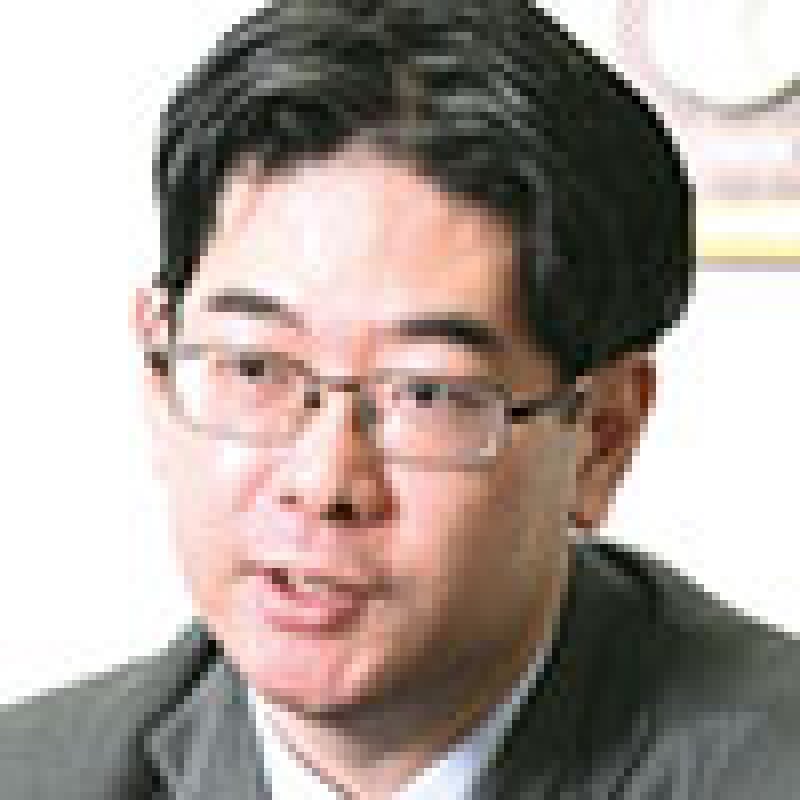The PD-1 antibody patent litigation, globally filed in Japan, the United States and Europe, came to an end with a settlement.
japan
Summary of the case
According to the press releases of Ono pharmaceutical and Bristol-Myers Squibb, as well as others, the facts are as follows.
Ono and Professor Tasuku Honjo (distinguished professor at Kyoto University) are co-patentees of a patent for an invention entitled "An immunopotentiative composition" (JP 4409430, Patent No. 1), and a patent for an invention entitled "monoclonal antibody" (JP 5159730, Patent No. 2).
Claim 1 of Patent No. 1 is as follows.
Claim 1
An agent for treatment of melanoma comprising a PD-1 antibody as an active ingredient, the agent having effect of suppressing proliferation or metastasis of melanoma in vivo.
Claim 1 of Patent No. 2 is as follows.
Claim 1
An agent for treatment of cancer comprising a PD-1 antibody as an active ingredient, the agent having effect of suppressing proliferation of cancer cells in vivo (except for an agent for treatment of melanoma).
On October 24 2016, Ono and Professor Honjo filed a lawsuit seeking an injunction for patent infringement at the Tokyo District Court on the basis of infringement of Patent No. 1 and No. 2 against Merck Sharp & Dohme (MSD), which obtained a manufacturing and marketing approval of Keytruda® (pembrolizumab MK-3475) on September 28 2016.
The European and US patents corresponding to Patent No. 1 and No. 2 are licensed to Bristol-Myers Squibb (BMS), and lawsuits based on such patents are pending in Europe as well as in the US. Furthermore, Ono and BMS have announced that they do not seek a judicial decision on sales suspension of Keytruda® in these lawsuits, if the litigant parties make an agreement to pay appropriate consideration including royalties or if such order is made by the court, taking into consideration the characteristics of this type of therapy helping patients' lives. They will take such an approach in this lawsuit as well.
On January 21 2017, Ono issued a press release stating that Ono and BMS entered into a settlement and licence agreement with Merck (US) and its associated companies.
They reached the following agreements:
Ono and BMS allow sales of Merck's Keytruda® after recognising validity of their use patents and product patents.
Merck makes an initial payment of $625 million to Ono and BMS, and pays ongoing royalties on global sales of Keytruda of 6.5 % from January 1 2017 until December 31 2023, and 2.5 % from January 1 2024 until December 31 2026.
The initial payment and royalties will be shared between BMS and Ono in a 75/25 per cent allocation, respectively.
By this settlement, all global patent infringement litigation against Merck's sale of Keytruda® was ended.
"Bristol-Myers Squibb and Ono's agreement with Merck protects our scientific discoveries and validates the strong intellectual property rights we secured as the early innovators in the science of PD-1, a key mechanism in Immuno-Oncology that has proven to have transformational impact in cancer care," says Giovanni Caforio, M.D., chief executive officer, BMS. "Today's agreement is also a good decision for patients as it supports the continuation of ongoing research and maintains access to anti-PD-1 therapies for cancer patients around the world."
Practical tips
The attempt of cancer treatment to step on the accelerator of immunity has not succeeded. In contrast, the cancer immunotherapy with PD-1 inhibitors, which prevents the brakes from being applied to immunity, is a breakthrough because it is highly likely to be effective against various kind of cancers, cancers are less likely to recur, since it is effective for a long period after administration is stopped and its mechanism is to activate the immune system without attacking cancer cells directly, therefore side effects are less severe, if any.
After a generation of the therapy with PD-1 antibody, cancer treatment has turned a significant corner. "We're at the point where we've discovered the cancer equivalent of penicillin," says Dan Chen, head of cancer at Genentech (Andy Coghlan, Closing in on Cancer, New Scientist, March 5 2016). A generation of antibiotics overcame infections in the 20th century, now in the 21st century, there is a possibility that cancers will be cured by immunotherapy with PD-1 inhibitors. Professor Honjo was awarded the Nobel Prize in Physiology or Medicine 2018 due to this achievement.
This litigation was withdrawn about three months after filing, and the trial did not proceed substantially. MSD has not yet obtained a manufacturing and marketing approval for the products with "unresectable advanced or recurrent non-small cell lung cancer" effectiveness and efficacy among MSD's products, and argued that since those with "unresectable melanoma" effectiveness and efficacy have not yet been included in the NHI price listing, there is no likelihood of infringement, therefore, there is no benefit in a suit. MSD argued that there is no urgency or necessity for the resolution of the dispute by a lawsuit for demand of an injunction, since Ono etc. have announced that they will not seek a judicial decision on sales suspension of MSD's product, if appropriate consideration is paid by MSD. This is a case where the significance of pharmaceutical companies' existence, whose mission is to save patients, was questioned in patent litigation.

|
Takanori Abe |
ABE & Partners
Matsushita IMP Building
1-3-7, Shiromi, Chuo-ku, Osaka, 540-0001, Japan
Tel: +81 6 6949 1496
Fax: +81 6 6949 1487










